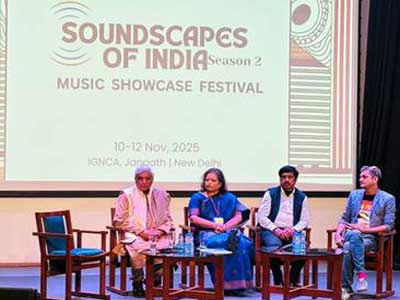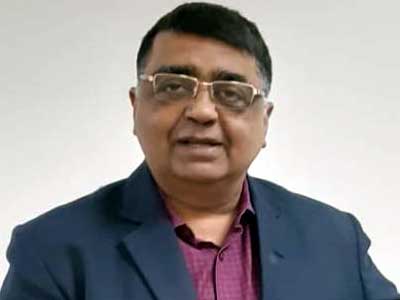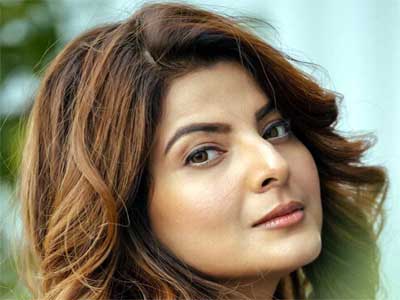Drawing parallels between poetic rhythm and musical harmony, and even linking this idea to Pythagoras’ philosophy of proportion and balance, eminent poet, lyricist, and screenwriter Javed Akhtar said, “Poetry is the music of language, and music is the poetry of sound.”
He was addressing a press conference after the second season of Soundscapes of India, India’s first curated music showcase festival and global conference, a three-day festival, held from 10–12 November, organised by the Indian Performing Right Society Limited with the support of the Central Ministry of Culture, in collaboration with MusiConnect India. On the first day, Akhtar also led a special session on songwriting titled ‘The Art of Songwriting’.
Read in Hindi: “काव्य भाषा का संगीत है और संगीत ध्वनि का काव्य”
Akhtar explained that both poetry and music are based on perfect meter, rhythm, and resonance. When the two merge, “it becomes a marvellous combination that transcends linguistic and cultural boundaries and reaches people’s hearts.”
In a candid exchange, Akhtar expressed his strong opinion on modern poetic trends, calling prose poetry ‘a deception’ and ‘a fraud’. He explained that prose poetry, by removing melody and rhythm, loses the essence of poetry. “If it were poetic prose, it could be justified,” he noted, “but prose poetry takes away the rāga and rhythm that define verse.” For him, the proof of true poetry lies in its melody.
He further elaborated that poetry develops symbols and meanings that connect even with untrained readers, provided it maintains discipline and rhythm. Writing poetry, he said, requires rigour and humility. “A poet should read poetry,” he insisted, adding that one must understand rhythm, sound, and phonetics deeply before attempting to write. Words, he observed, have lives of their own, developing relationships and impressions in the subconscious mind, a process central to authentic creation.
When asked about the decline in the quality of film lyrics, Akhtar reflected that society itself mirrors its creative deterioration. “You tell me about the society, and I will tell you about its aesthetics,” he stated. He noted that with education increasingly focused on employment rather than understanding, literature and language have lost depth. “When the motive of learning is to earn, how can it carry the gravity of epic or lyrical expression?” he questioned.
On the subject of Artificial Intelligence, Akhtar commented, “AI may serve as an efficient tool, but it cannot be creative.” He noted, “Art is born in the no man’s land between the conscious and subconscious mind.” Every form of art, he said, is a blend of emotion, imagination, passion, and craftsmanship, qualities that no mechanical process can replicate. Reflecting on education and cultural understanding, he observed that society’s ability to appreciate art is diminishing. “Following one’s passion,” he said, “is like a river flowing toward the ocean; it finds its own path.”
During the press conference, Akhtar described India as ‘a country of music’, highlighting its diverse and rich musical traditions. He said that regions such as Uttar Pradesh and the North East hold immense potential in the field of music that remains to be explored. The three-day festival at the Indira Gandhi National Centre for the Arts featured over 100 artists and 24 bands, including two international performers, as well as more than 15 global festival directors, curators, policymakers, and industry leaders.
The performances encompassed a wide range of musical expressions, from folk-fusion, classical-fusion, hip-hop, jazz, metal, pop, to rock. Linguistic diversity is another highlight, with songs being performed in English, Hindi, Konkani, Ladakhi, Tamil, and other Indian languages.
Representatives from 15 countries, including Canada, Egypt, Estonia, Germany, Indonesia, Japan, the Netherlands, Poland, Portugal, South Korea, Spain, and Thailand, also participated in the festival.












Related Items
Seminar held on Sufism and Communal Harmony
Seminar held on women’s contribution to Persian Language
Agra’s Kavya becomes Judge at prestigious poetry competition